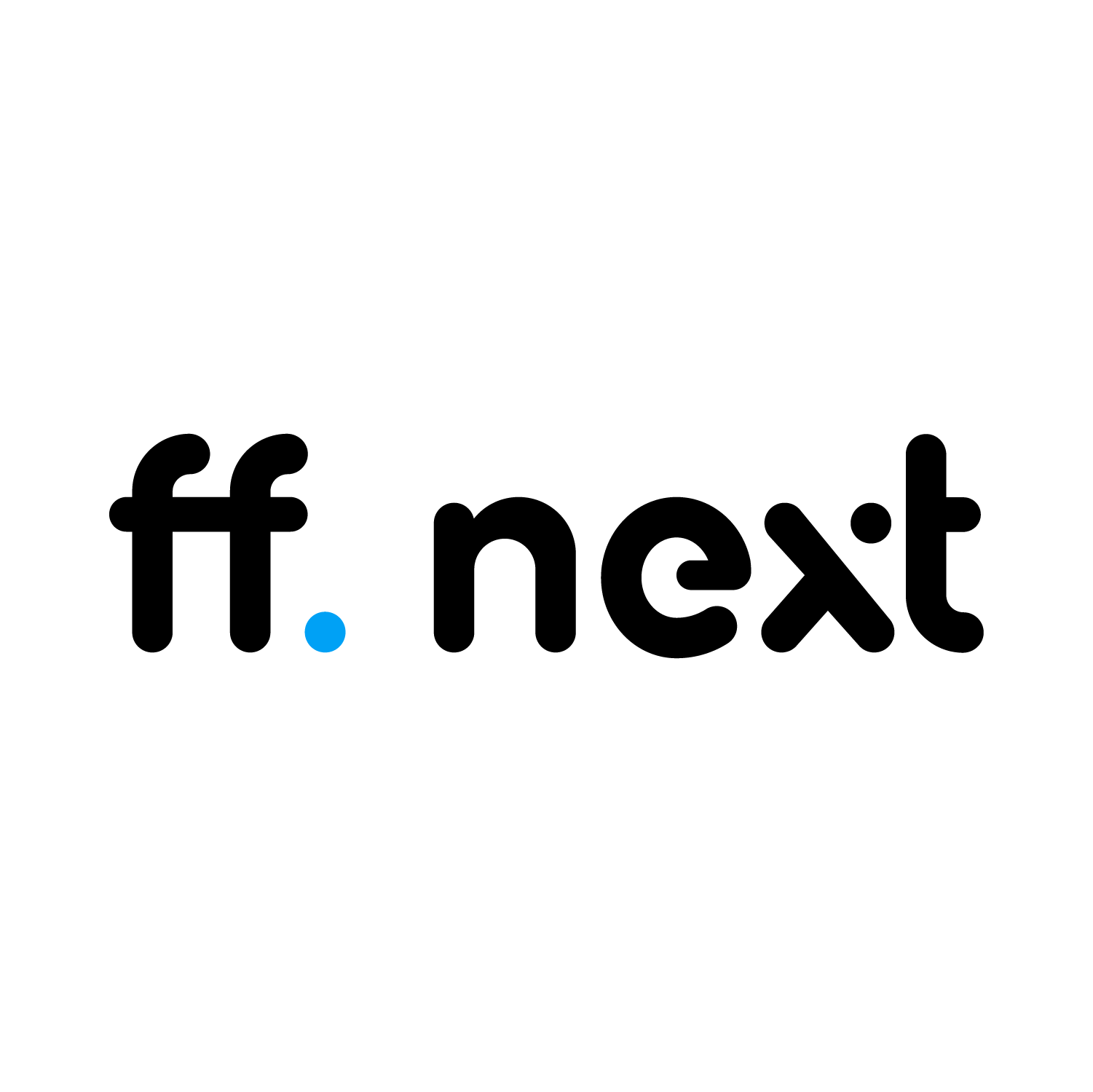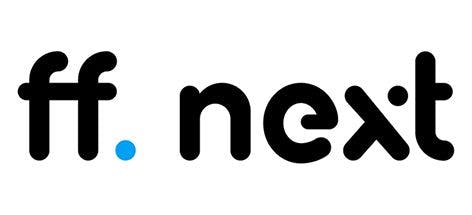224 reads
On Bringing the Change to Financial Education, with Ivan Muck, CEO at ff.next
by
September 10th, 2021
Audio Presented by

Design-driven mobile banking apps for financial innovators, including boxed solutions & E2E product development.
About Author
Design-driven mobile banking apps for financial innovators, including boxed solutions & E2E product development.
